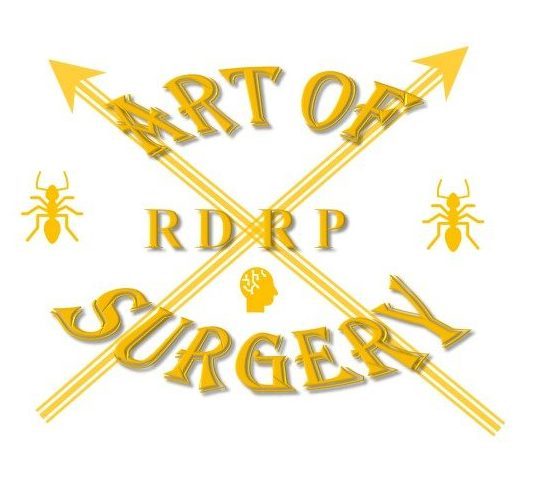Admission for surgery and post-operative care
6. Day of Operation
6.1 Most patients will be admitted on the day of surgery as per Trust protocol. High risk patients may be required to be admitted before surgery in cases where optimisation of other conditions is required, in particular anticoagulation, cardiac or respiratory conditions or poorly controlled diabetes.
6.2 The patient will be weighed on the morning of surgery and will go through the formal consent process with the consultant surgeon and be required to sign the consent form.
6.3 The operation will be carried out by a consultant bariatric surgeon or by a trainee under their direct supervision. All operations will also have a consultant anaesthetist with an interest in bariatric surgery and specialised trained bariatric theatre staff. All operations will be carried out in the dedicated bariatric theatre.
6.4 The operative technique will be standardised as much as possible but there will be variation between surgeons on the precise methods of performing the surgery.
6.5 In high risk or complex cases two consultants will operate together with the lead surgeon being the surgeon whose list is being used.
6.6 High risk patients and those with BMI >60 will be considered for intra-gastric balloon placement as a bridge to surgery if not contraindicated.
7. Post-operative care (ward)
7.1 After surgery the patient will be recovered in the recovery Mediroom or to the discharge Mediroom if a daycase. The patient will be reviewed after surgery by the consultant surgeon and bariatric nurse practitioner.
7.2 Post-operative care will be outlined in the care pathway for the specific operation (Appendix 7). The patient will be reviewed regularly by the surgical team. If there are any concerns regarding the recovery then the bariatric consultant will be contacted directly by members of the team.
7.3 The patient will be reviewed by the bariatric nurse practitioner before discharge. Full details of the after care will be outlined including dietary restrictions, vitamin and mineral supplementation, wound care and diabetic plans. They will also be given full details about what to look out for should there be a problem following discharge and how to contact the team or access the Emergency Department out of hours should there be a concern.
7.4 The patient will be discharged when considered fit by the team with a prescription for all relevant medications including post-operative thromboprophylaxis with thromboembolism (TED) stockings and a supply of subcutaneous low molecular weight heparin to be self-administered at home. Training on how to do this will be given by the ward or recovery staff before discharge.
7.5 TED stockings will be required to be worn at home and LMW Heparin given daily for 14 days post-surgery
7.6 A standard discharge letter will be sent to the GP by the surgical team outlining the operation and post-operative course.
